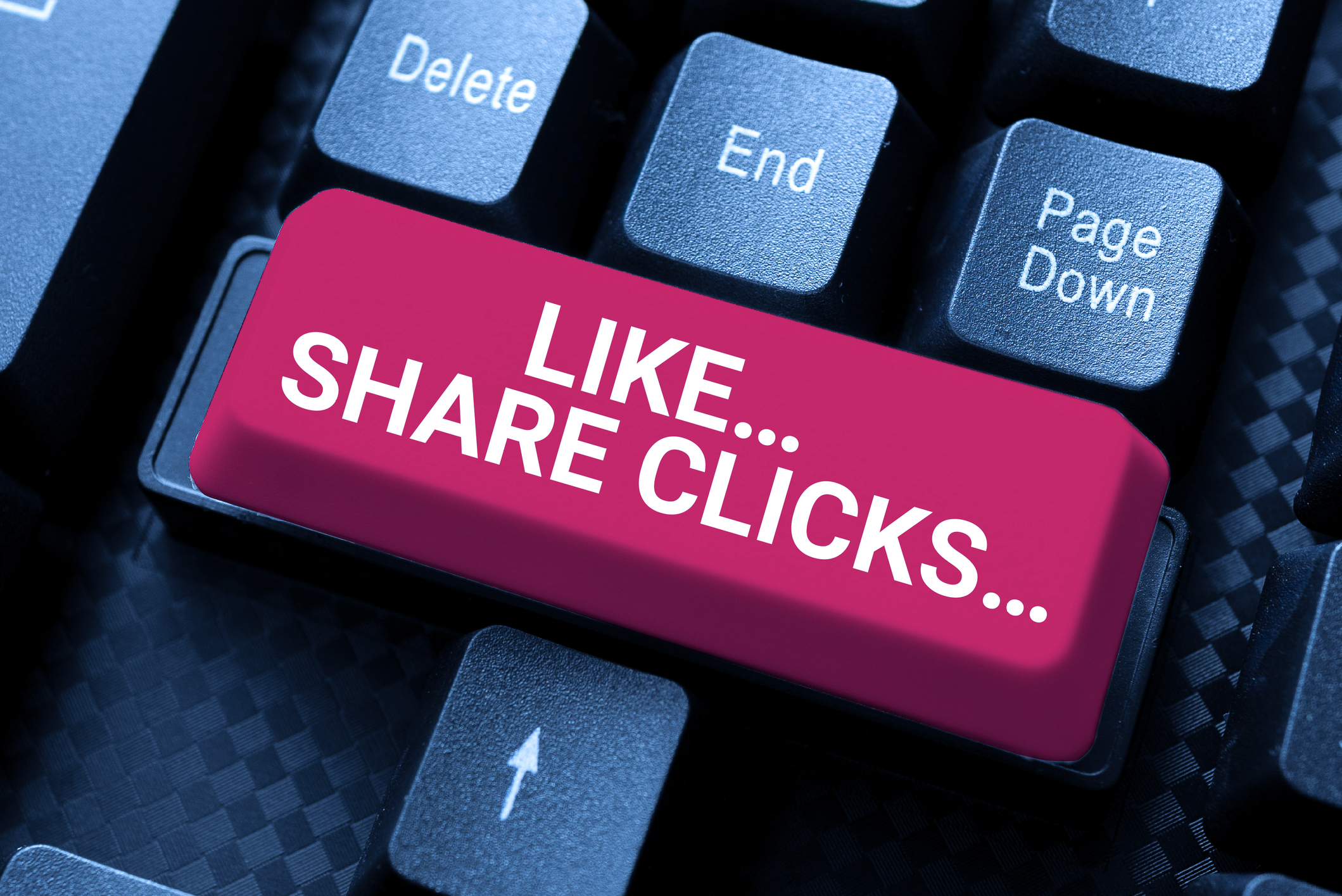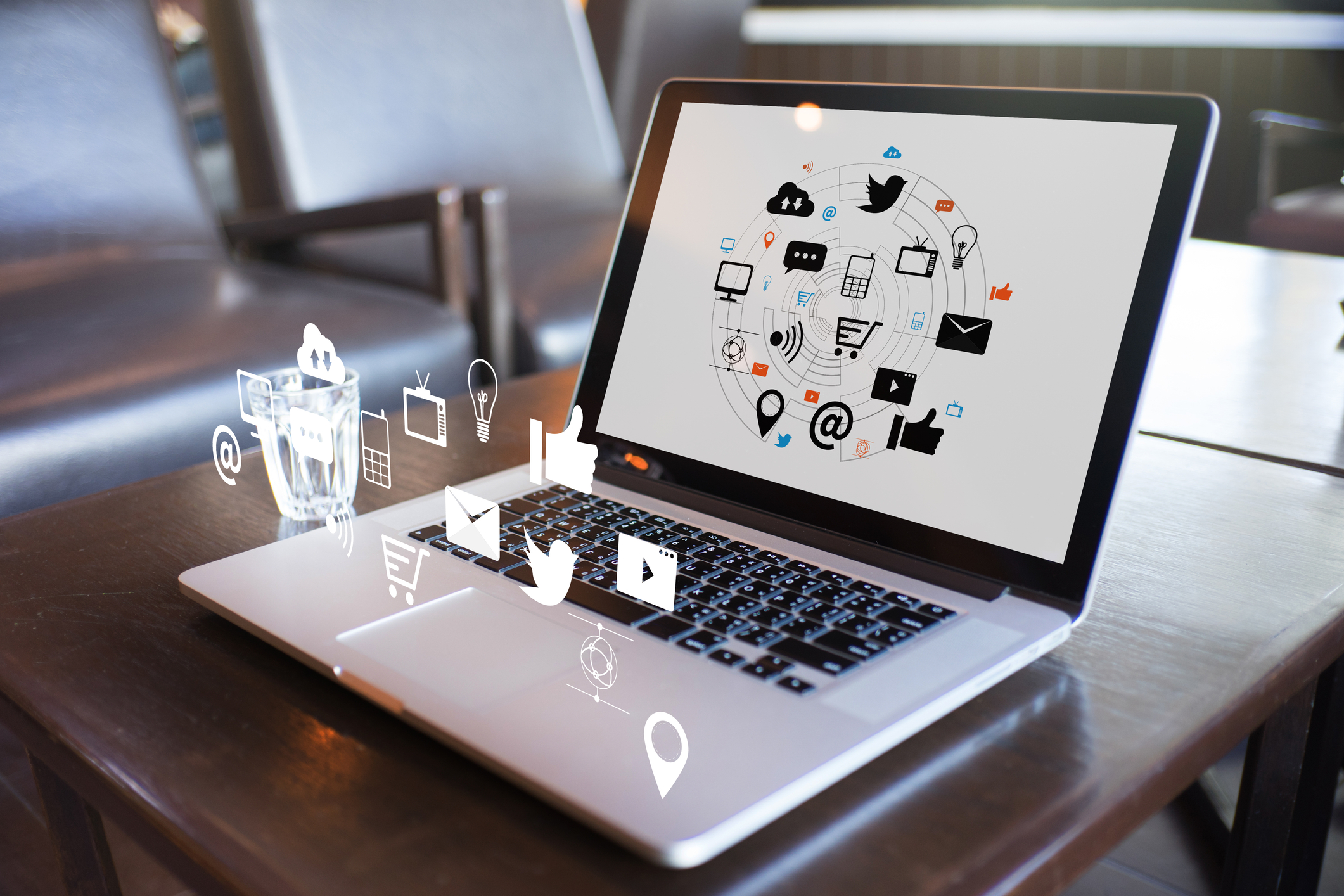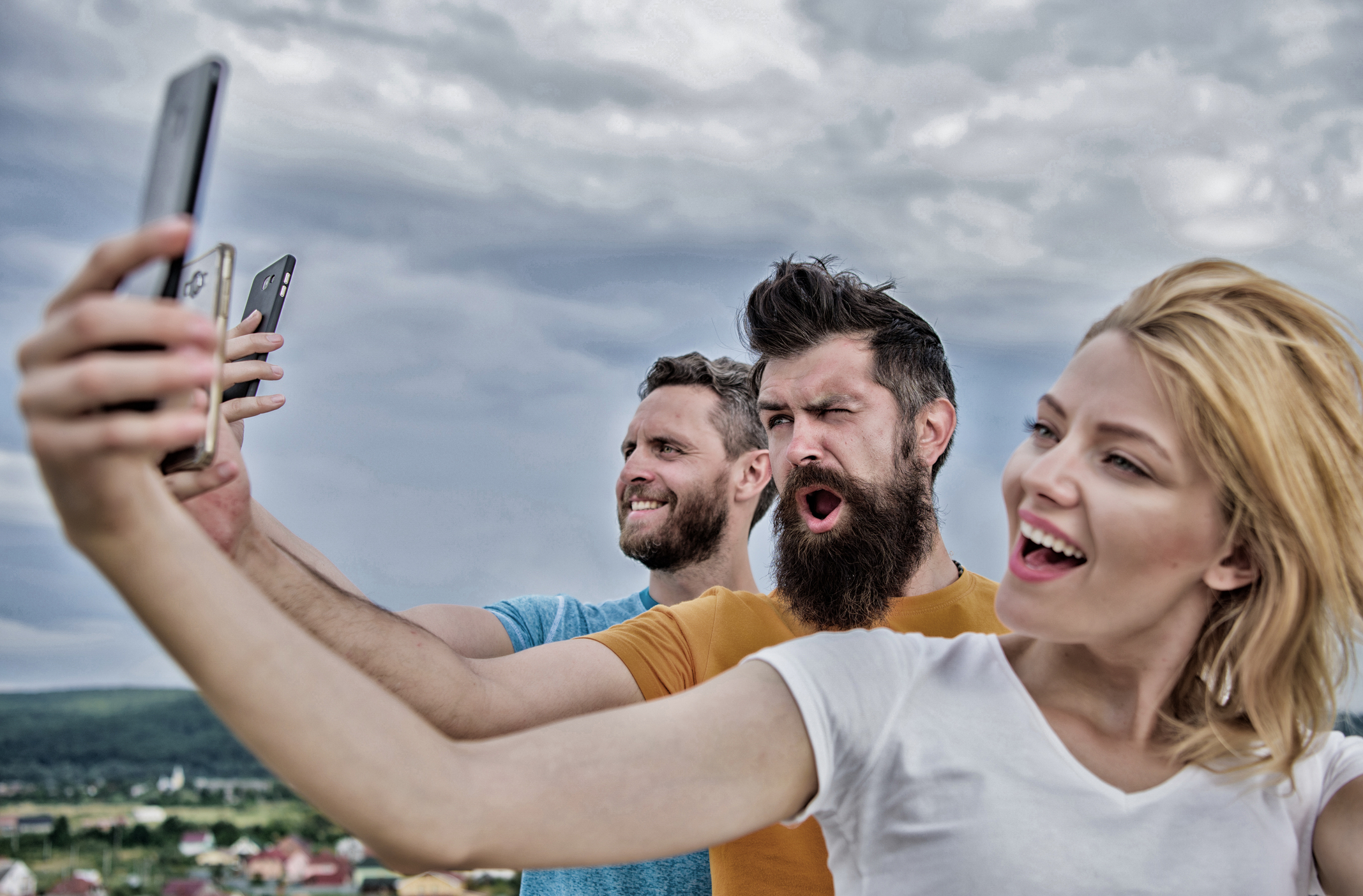Top 10 Ways Social Media Influences Mental Health Dynamics
In the vast expanse of the digital age, social media has become a ubiquitous presence, weaving itself into the very fabric of our daily lives. Its influence on mental health is a complex tapestry, colored by the way it shapes our interactions, perceptions, and self-image. As we embark on this exploration, we will delve into the multifaceted relationship between social media and mental health dynamics. Each section of this article is a thread in the larger narrative, unraveling the ways in which these platforms impact our psychological well-being. From the subtle shifts in our behavior to the profound changes in societal norms, social media’s reach is far and wide. Let us begin our journey with an understanding that while social media can be a tool for connection and empowerment, it also holds the power to disrupt and challenge our mental equilibrium.
**1. The Comparison Trap: Self-Esteem in the Age of Social Media

Social media platforms are a showcase of personal highlights, creating an environment ripe for comparison. As users scroll through feeds filled with curated images of others' lives, the comparison trap is sprung, often leading to feelings of inadequacy and diminished self-esteem. Studies have shown that frequent engagement with social media correlates with negative body image and poor self-worth, particularly among adolescents and young adults. This section examines the psychological mechanisms behind social comparison and how they are amplified by the immediacy and accessibility of social media. It also explores strategies for mitigating these effects, such as promoting media literacy and fostering an environment of support and authenticity online.
**2. The Echo Chamber Effect: Reinforcement and Radicalization

Social media algorithms are designed to present content that resonates with users' existing beliefs and interests, inadvertently creating echo chambers that reinforce one's worldview. This can lead to a narrowed perspective, where exposure to diverse opinions is limited, and the potential for radicalization increases. The echo chamber effect can exacerbate mental health issues by fostering feelings of anger, fear, and resentment. This section delves into the psychological impact of being in an echo chamber and discusses the importance of cultivating critical thinking and exposure to a variety of viewpoints as a means of maintaining a balanced and healthy mental state.
**3. The Fear of Missing Out (FOMO): Anxiety and Social Media

The Fear of Missing Out, or FOMO, is a phenomenon that has gained prominence in the age of social media. It describes the pervasive apprehension that others might be experiencing rewarding experiences from which one is absent. This anxiety can lead to a compulsive need to stay connected and engaged with social media, often at the expense of real-world relationships and personal well-being. This section explores the psychological underpinnings of FOMO, its impact on mental health, and how it can lead to a cycle of constant social media checking and increased anxiety. It also discusses ways of managing FOMO, such as setting boundaries and cultivating mindfulness.
**4. Online Social Support: The Double-Edged Sword

Social media offers unprecedented opportunities for individuals to seek and receive social support. Online communities can provide a sense of belonging and validation, especially for those with niche interests or who are facing stigmatized issues. However, this online social support can be a double-edged sword. While it can alleviate feelings of isolation, it can also expose individuals to negative feedback and cyberbullying, which can be detrimental to mental health. This section investigates the dynamics of online social support, the benefits and risks associated with it, and the importance of fostering positive online communities that promote mental well-being.
**5. Instant Gratification and Dopamine Loops

The design of social media platforms often exploits our brain's reward system, creating dopamine loops through the instant gratification of likes, comments, and shares. This can lead to addictive behaviors, as users seek out the positive reinforcement that social media interactions can provide. This section delves into the neuroscience behind these dopamine loops, how they contribute to the compulsive use of social media, and the potential consequences for mental health, such as reduced attention spans and the need for constant stimulation. It also discusses ways to break the cycle, such as digital detoxes and the implementation of mindful social media use.
**6. The Impact of Cyberbullying on Mental Health

Cyberbullying is a pervasive issue on social media, where the anonymity and distance provided by the digital world can embolden individuals to engage in harmful behavior. The effects of cyberbullying on mental health are profound, leading to increased rates of depression, anxiety, and in extreme cases, suicidal ideation. This section examines the prevalence of cyberbullying, its psychological impact, and the importance of creating safe online spaces. It also highlights the role of education, policy, and community support in combating this issue and protecting the mental health of social media users.
**7. Social Media and the Sleep Cycle

The blue light emitted by screens can disrupt the natural sleep cycle, leading to poor sleep quality and quantity. Additionally, the stimulating nature of social media content can make it difficult for users to wind down and fall asleep. This section explores the relationship between social media use, particularly before bedtime, and sleep disturbances. It discusses the importance of sleep for mental health and provides recommendations for healthy technology habits to promote better sleep hygiene.
**8. The Pressure to Curate a Perfect Life

Social media often acts as a highlight reel, pressuring users to present an idealized version of their lives. This pressure can lead to anxiety and the fear of being judged or not measuring up to the perceived standards of others. This section investigates the impact of this pressure on mental health, including the development of perfectionism and its associated stress. It also discusses the emergence of movements that advocate for authenticity and the sharing of real-life struggles to counteract the pressure to curate a perfect life.
**9. Disconnection from the Present Moment

While social media can connect us to people around the world, it can also disconnect us from the present moment and our immediate surroundings. This section examines the concept of "presence" and how social media can detract from it, potentially leading to a diminished capacity for deep, meaningful relationships and a sense of disengagement from real-life experiences. It discusses the importance of balance and strategies for staying grounded in the present, such as mindfulness practices and setting intentional limits on social media use.
**10. The Role of Social Media in Identity Formation

For young people, in particular, social media is a significant factor in the development of identity. This section explores how social media platforms can influence users' perceptions of themselves and their place in the world. It discusses the ways in which social media can both positively and negatively impact the process of identity formation, including the exploration of self-expression and the potential for identity confusion. It also highlights the need for guidance and support in navigating social media's role in this critical aspect of mental health.
** Charting a Mindful Path Through the Social Media Landscape

As we conclude our exploration of the top 10 ways social media influences mental health dynamics, it is clear that these platforms are not inherently good or bad. Instead, they are tools that can have a significant impact on our psychological well-being, depending on how they are used. This final section reflects on the insights gained throughout the article and emphasizes the importance of awareness and intentionality in our engagement with social media. It calls for a balanced approach, where the benefits of connection and community are harnessed while the risks to mental health are mitigated through education, supportive policies, and personal responsibility. In charting a mindful path through the social media landscape, we can navigate its challenges and embrace its potential for positive influence on our mental health.
